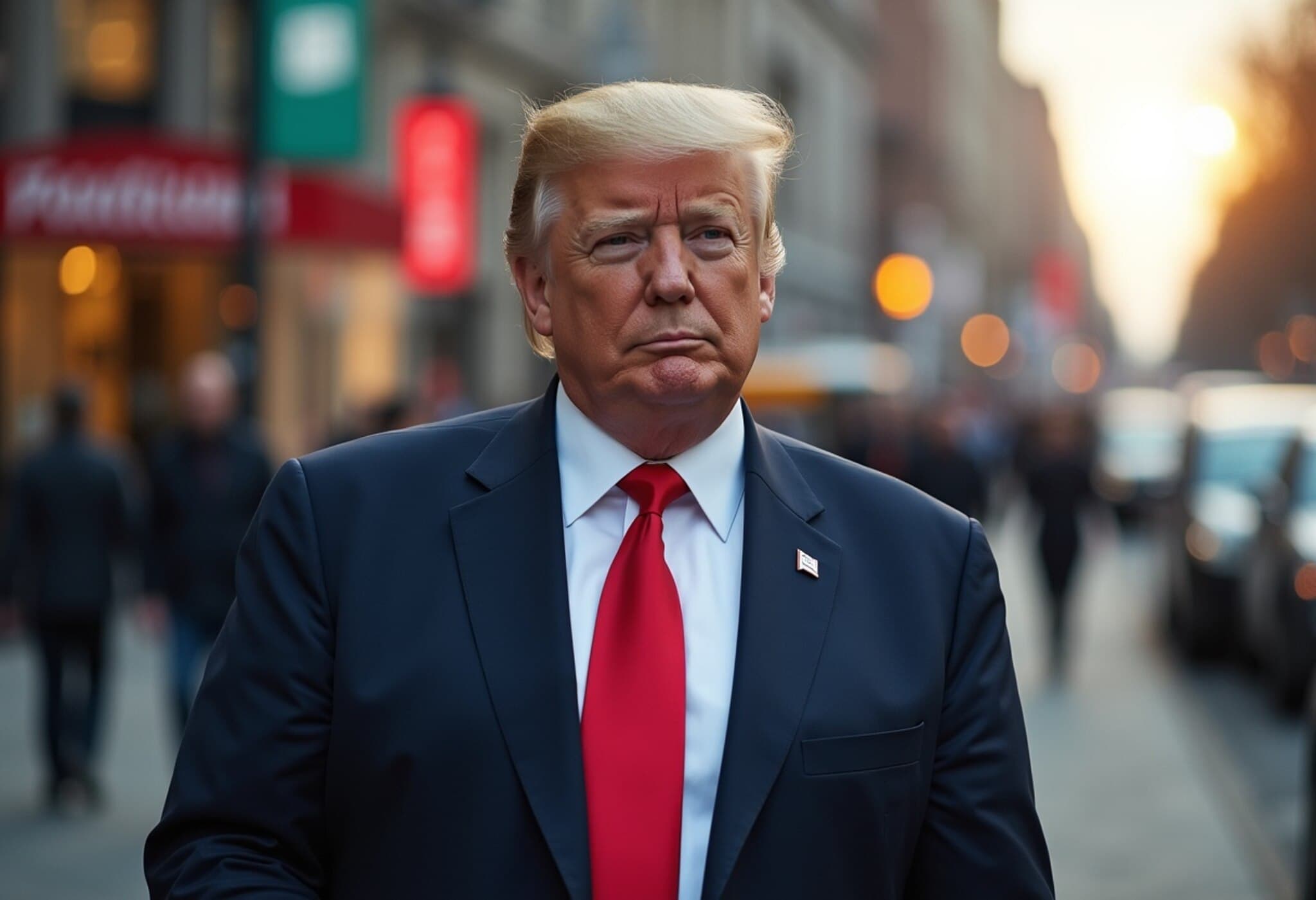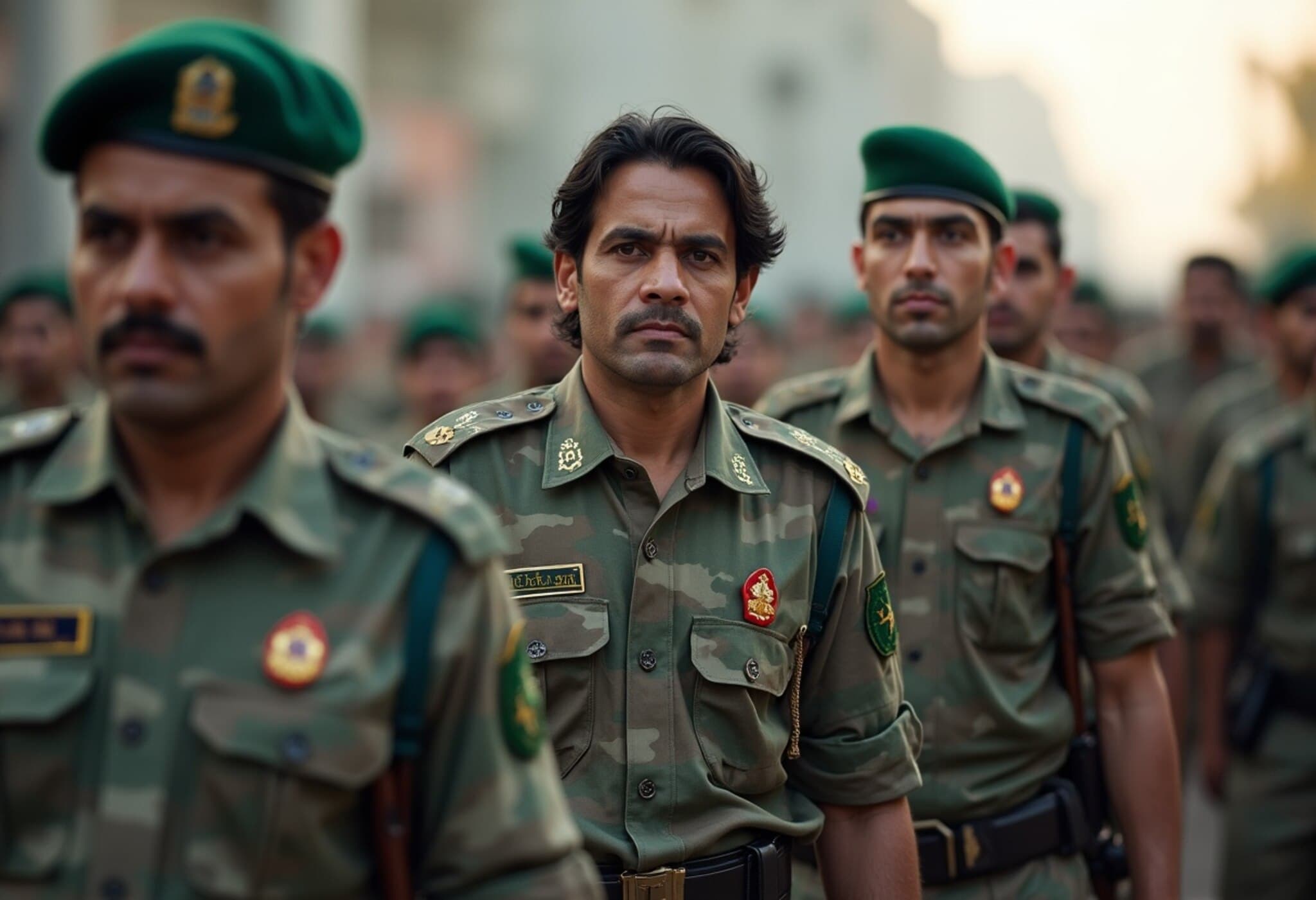Execution Delay Offers New Hope in Nimisha Priya Case
In a significant development, Yemeni authorities have postponed the execution of Nimisha Priya, the Indian nurse who has been on death row in Yemen since her 2017 conviction for the death of her business partner. Initially scheduled for July 16, this last-minute delay opens a critical window amid ongoing diplomatic negotiations and community interventions aimed at resolving a case that has captured attention in both India and Yemen.
Background of the Case
Nimisha Priya, 37, a nurse from Kerala, was convicted of causing the death of Talal Abdo Mahdi, her Yemeni business partner, allegedly after administering sedatives during an attempt to recover her passport and escape what she described as abusive circumstances. Authorities claim Mahdi died from an overdose, leading to Nimisha’s arrest while fleeing Yemen’s capital, Sanaa.
Diplomatic Efforts and Challenges
The Indian government has been actively engaged since the outset, maintaining continuous contact with Yemeni prison officials and prosecutors. According to sources quoted by news agency ANI, these persistent efforts contributed to the deferral of Nimisha’s execution. Attorney General R. Venkataramani outlined before India’s Supreme Court the complexities of diplomatic intervention in Yemen, a country with which India has limited formal relations and complicated legal norms.
He emphasized, “Blood money is a private negotiation under Yemeni law,” a process where the victim’s family can accept compensation to halt executions. These legal nuances place the Indian government in a delicate position, as it navigates limited leverage amid sensitive bilateral ties.
Indian Supreme Court’s Role
The Supreme Court, led by Justice Sandeep Mehta, is monitoring the case closely. The Attorney General candidly admitted the government's constrained capacity to directly influence Yemeni judicial proceedings but highlighted ongoing efforts to secure respite for Nimisha while negotiations continue.
Religious Leaders and Community Intervention
A noteworthy element in this evolving story is the involvement of Sheikh Abubakr Ahmad (Kanthapuram A.P. Aboobacker Musliyar), India’s Grand Mufti. A respected Sunni Muslim cleric, Sheikh Abubakr has stepped in to mediate, engaging the victim’s family to consider blood money for resolving the matter peacefully. His outreach extends to religious and community leaders within Yemen, reflecting the cultural and legal dimensions unique to this case.
Human Story Behind the Headlines
Beyond legal and diplomatic strategic maneuvers lies a deeply human narrative — Nimisha’s desperate attempt to escape alleged abuse, the tragic death of her associate, and a family torn between justice and mercy. This case underscores the harsh realities faced by Indian expatriates in conflict zones and highlights the critical importance of consular support and international legal cooperation.
What Lies Ahead?
- Negotiations over blood money remain pivotal. Will the victim’s family accept this reconciliatory route?
- Indian diplomatic efforts continue amid the challenging geopolitical landscape surrounding Yemen.
- Legal advocacy and community pressure may shape the eventual resolution in this sensitive cross-border case.
Editor’s Note
The postponement of Nimisha Priya’s execution shines a light on the delicate interplay of law, culture, and diplomacy in international cases involving capital punishment. It raises profound questions about the protections for foreign nationals in conflict-ridden countries and the mechanisms available for governments to intervene. As India’s highest legal authorities and religious leaders collaborate, the case also invites reflection on the human cost behind headline news — a life hanging in the balance amid complex legal traditions and geopolitical sensitivities. How India navigates such challenges could signal broader implications for its expatriate community worldwide.



















